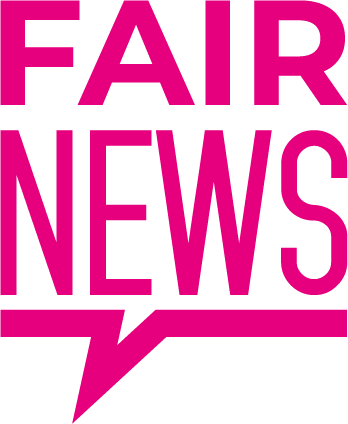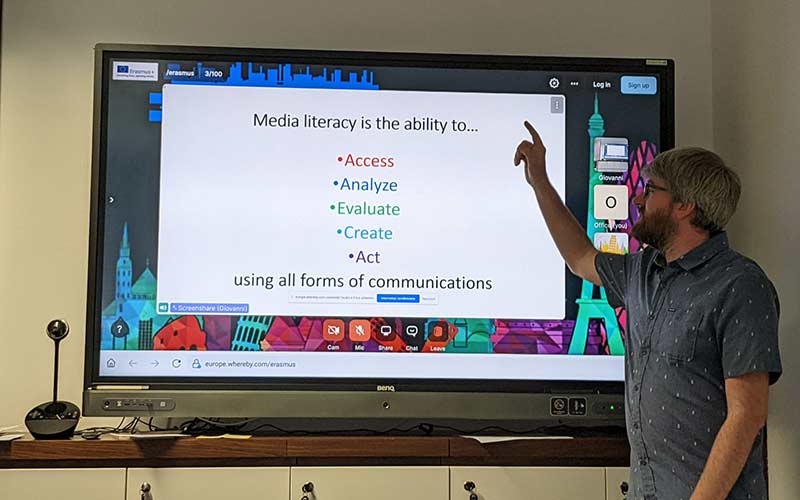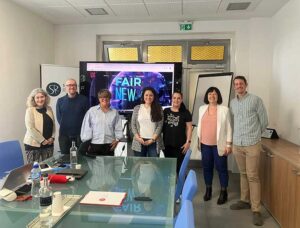Announcing PR1: Formative report on the creation and development of educational communities using methodologies of Theory of Knowledge and Media and Information Literacy
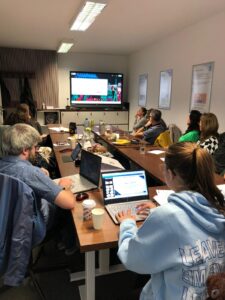
We are delighted to announce the release of our first project result, an analysis of the situations of young people in relation to Media and Information Literacy, and an exploration of how Theory of Knowledge can be used to create informed educational communities. The document is an informed and useful resource for schools, educators, and stakeholders aiming to enhance media literacy and foster social connection among young people.
The formative report provides detailed research-based insights into the prevalent challenges that young individuals face concerning media literacy and their social interactions, based on surveys of high school students in Austria, Bulgaria, Italy and Romania. Our investigation highlights the need for resources that both address media disinformation and tackle the broader issues of educational disconnection and social atomisation.
Key points:
- Research-based insights into the issues faced by young people in relation to media literacy and social connection.
- Strategies for schools and other educational stakeholders to foster critical thinking and media literacy among students.
- Practical recommendations on how methodologies from Theory of Knowledge and Media and Information Literacy can be used to create and develop educational communities where young people are actively engaged and empowered.
Recommendations for Educators and Stakeholders
The report outlines strategic directions for educational institutions to promote critical thinking and enhance media literacy. Through a collaborative approach, schools and other educational entities can implement these strategies to support integration, connection, and communication among students, and so build resilient educational communities.
Our recommendations are grounded in the methodologies of TOK and MIL, aimed at activating and empowering young learners. The report provides inspiration for educators to implement these methodologies effectively, ensuring that students are not only recipients of knowledge but also active participants in their learning communities.
Interdisciplinary and Transnational Approach
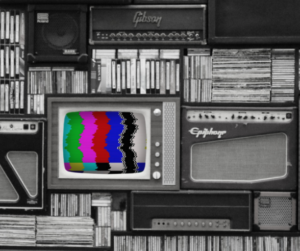
This project result brings together theoretical and methodological frameworks that emphasise interdisciplinarity and the inclusion of diverse perspectives. This approach enables schools and educational organisations to cultivate environments where young people can thrive and actively participate in civic and democratic processes. Reflecting the transnational scope of this project, the report reflects our partnership’s expertise and experiences across various European countries.
Our aim is to allow educators, policymakers, and all interested stakeholders to enhance their educational strategies and participate in the ongoing dialogue about improving media literacy and educational connectivity. It is an important part of our project’s ambition to develop new approaches to critical thinking and media literacy for young people in the context of the rapidly evolving digital landscape.
The document is available for download on our website. [link to Project page]
